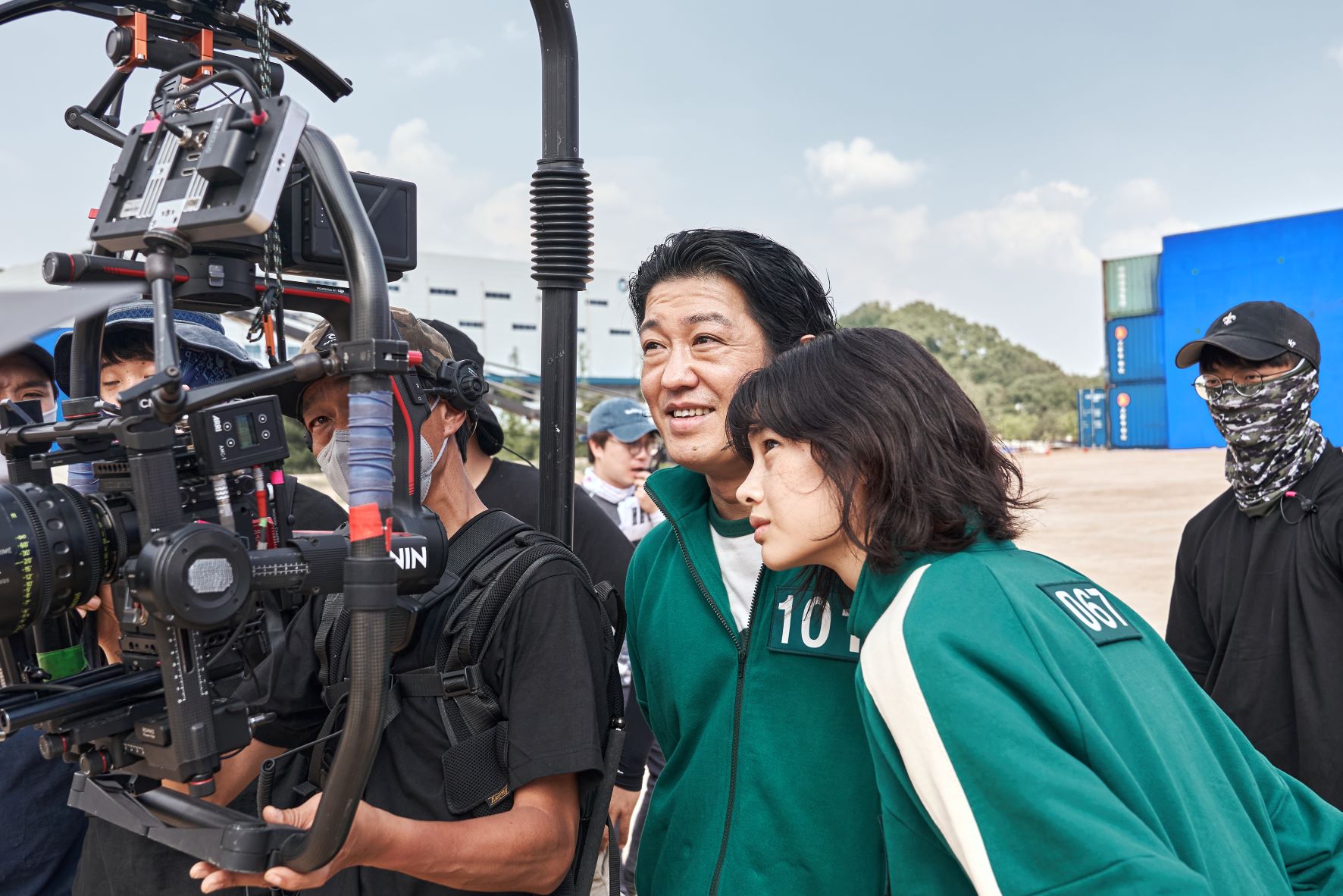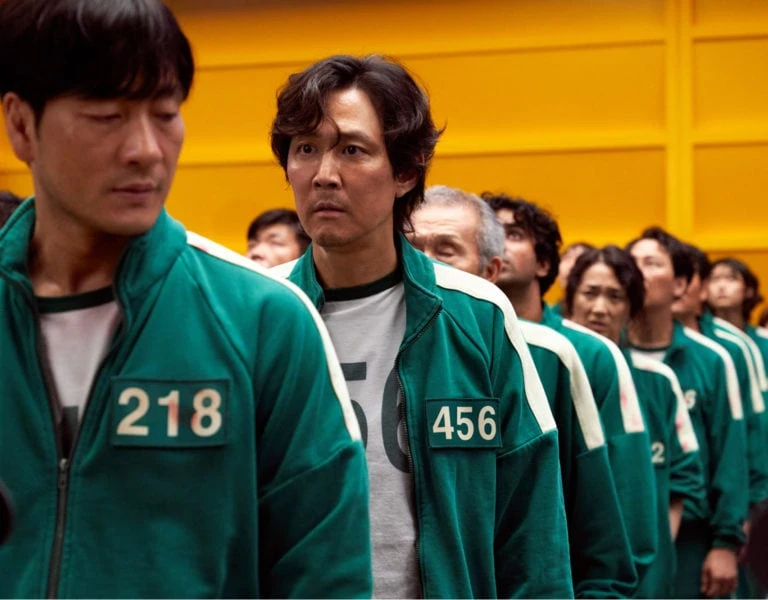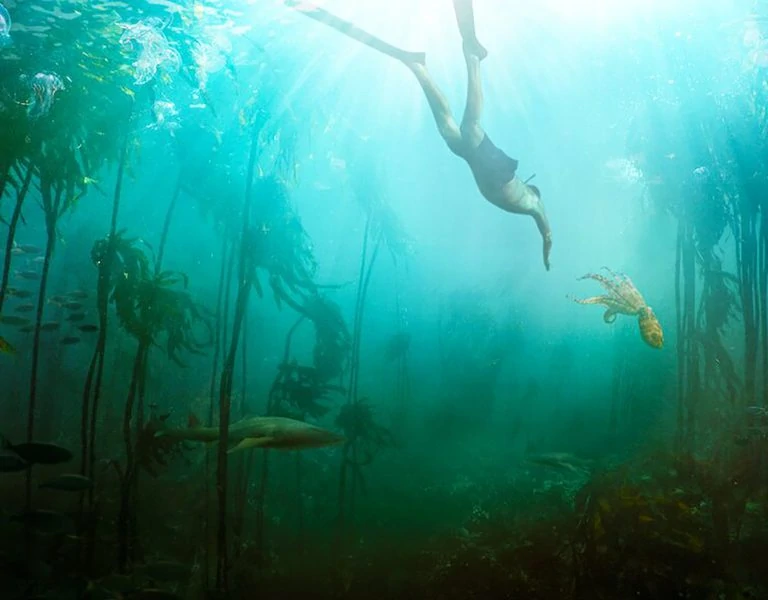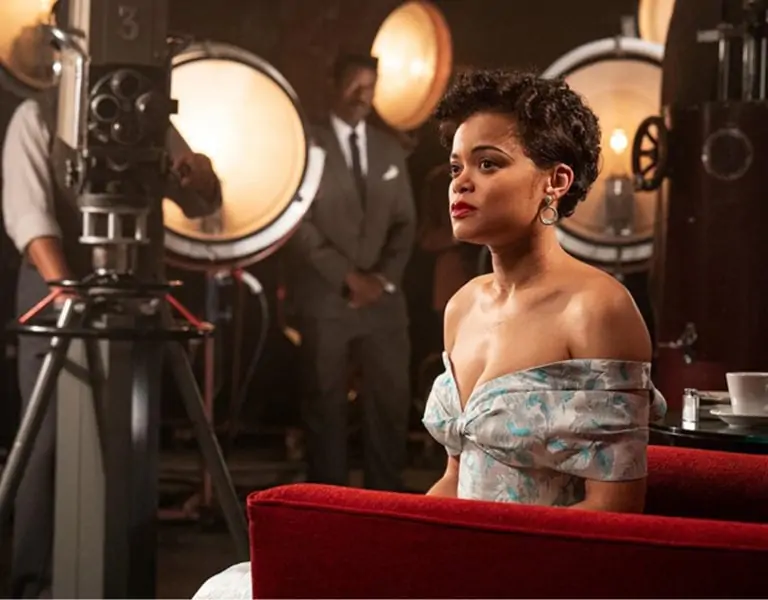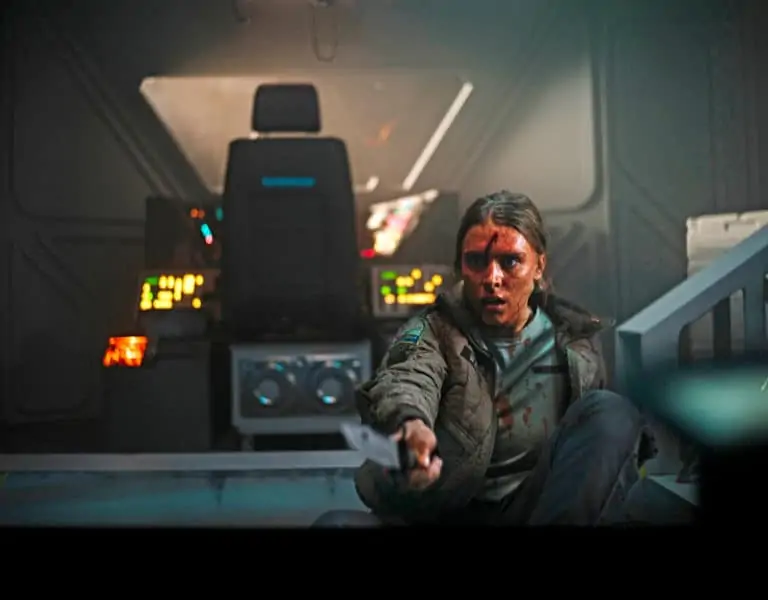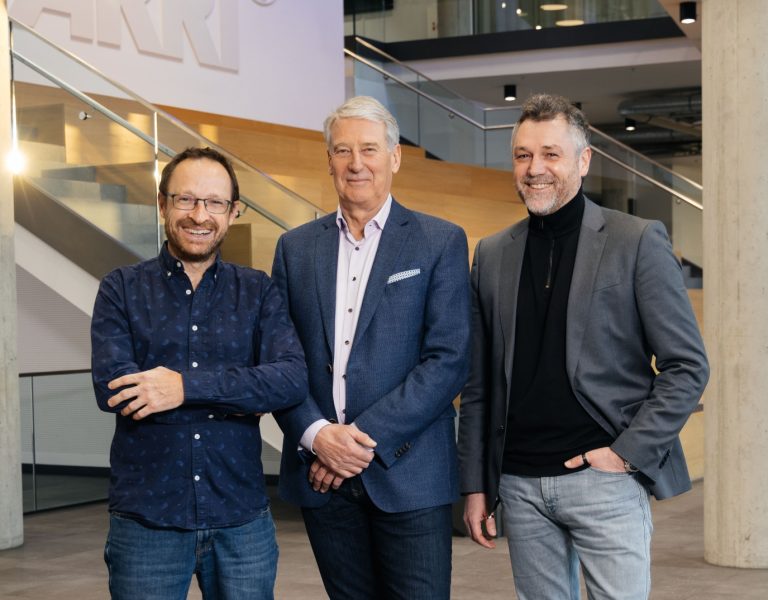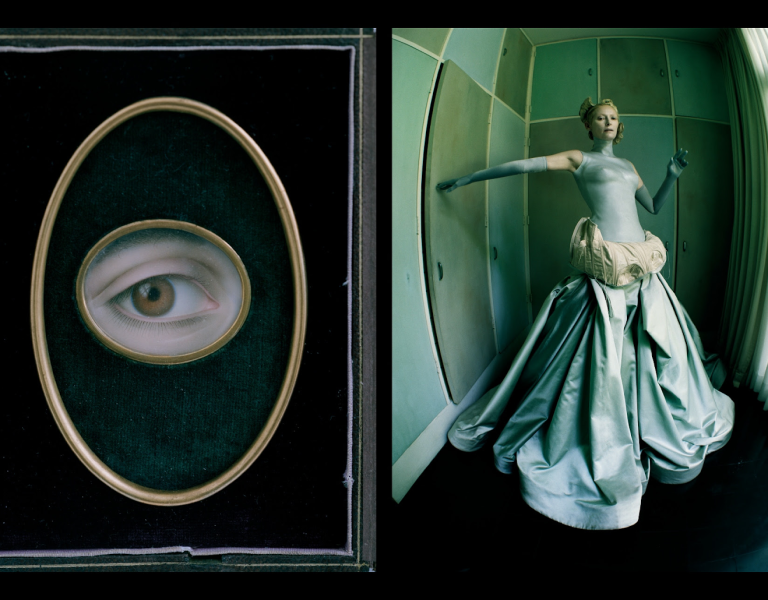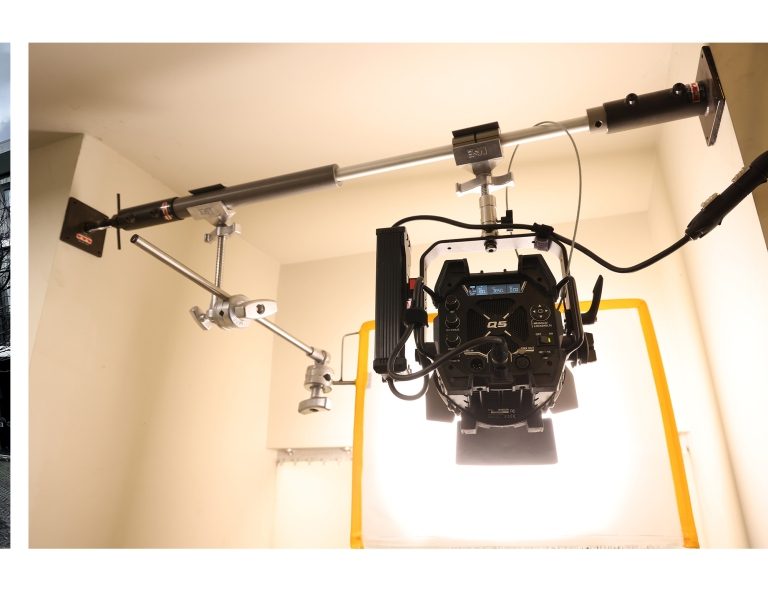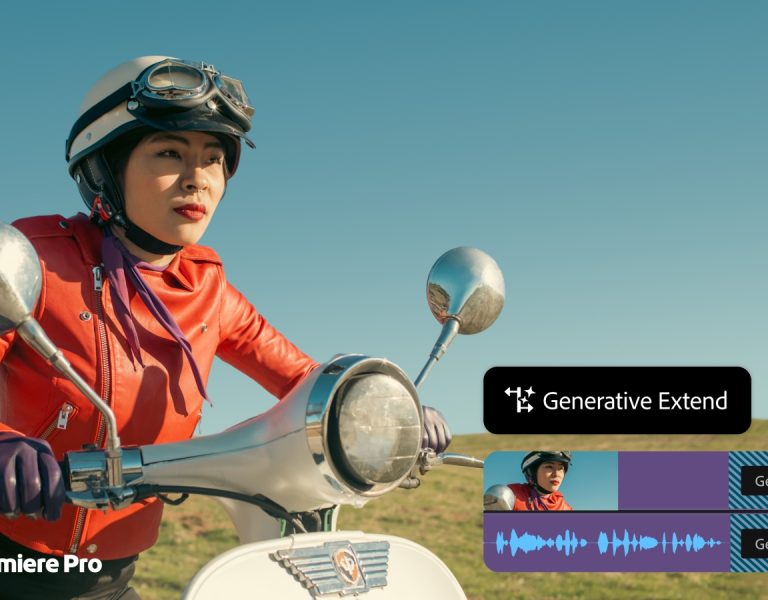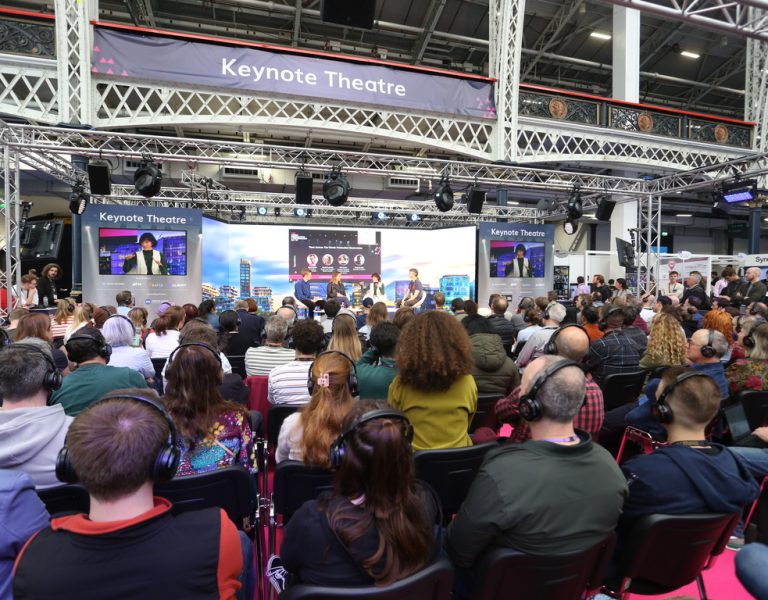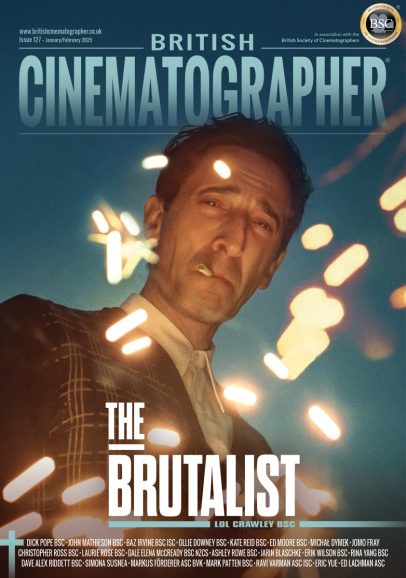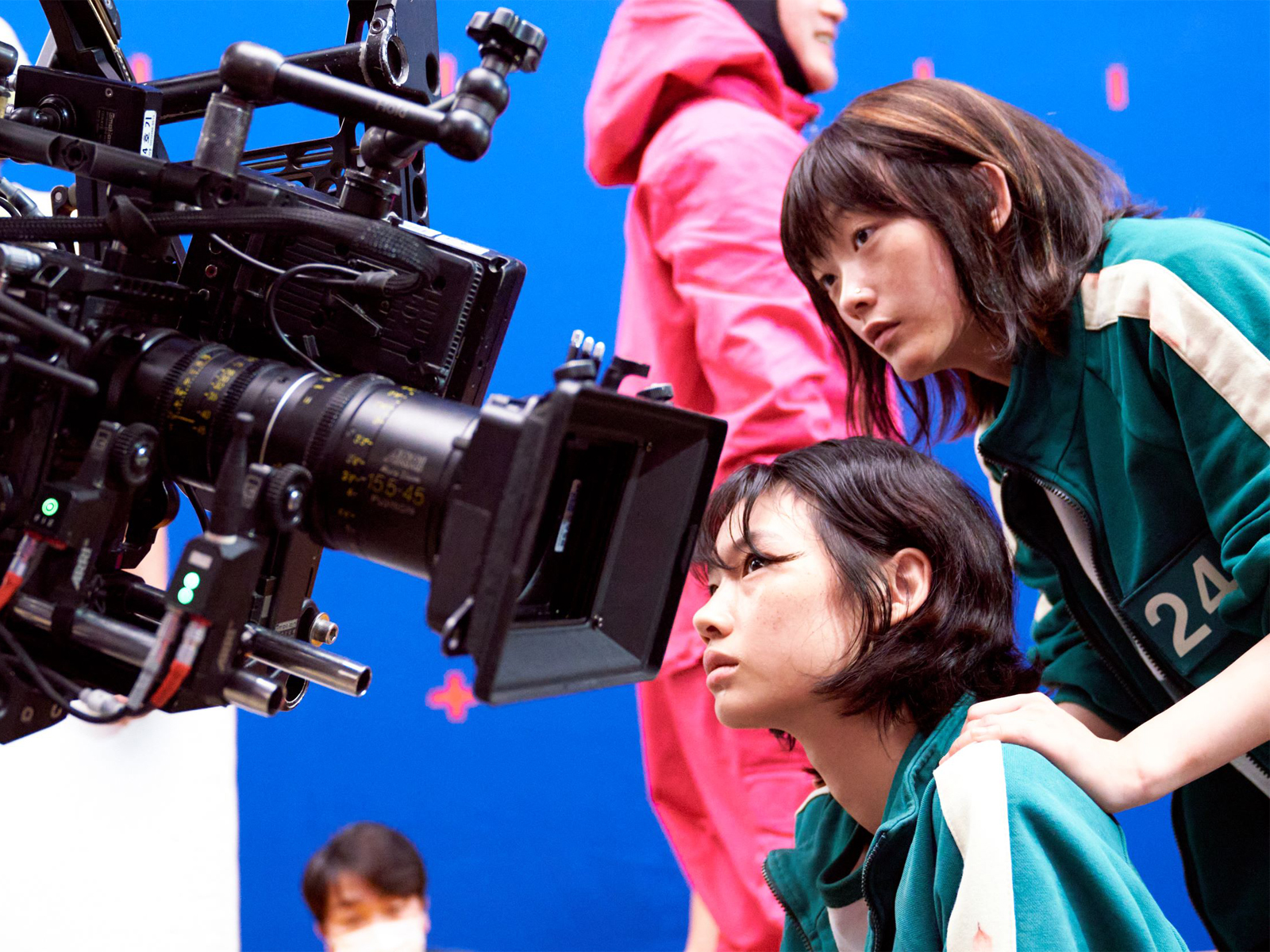
Squid Game, the Netflix title that broke numerous rating records on the streaming platform, is now making Emmy history as the first non-English-language nominee in multiple Emmy categories, including Outstanding Drama Series. The show earned 14 nominations, including honours for its creator-director-writer Hwang Dong-hyuk and cinematographer Lee Hyung-deok.
Filmed over seven months in Daejeon, Korea, the story follows 456 participants held at a secret location where they compete against one another in an attempt to win 45.6 billion. The games they play have the appearance of traditional children’s games such as red light-green light and tug of war, but the consequence of losing is death.
The series involved a lot of planning and discussion, so Hwang and Lee talked a lot while prepping storyboards and in pre-production meetings. “The story may be a bit dark and gloomy, but [Hwang] told us he wanted the screen to look bright and fresh,” notes Lee. “He seemed to enjoy using contrast and emphasis. For example, starting with a wide shot then following up with a closeup.”
Lee continued, explaining that a crucial element of the planning process was differentiating between the real world and the game world.
“For the game world, it was an environment that embodied a lot of fantasy elements. Even if things got distorted or exaggerated, we created a strong contrast with lighting and created vibrancy with the use of bright primary colours.”
“I thought a lot about the contrast between the beautiful world once seen through the eyes of innocent children and the dark, gloomy world of grown-ups,” Lee told IndieWire. “For the spaces for each game, I tried to think about images that look familiar, but are somehow slightly off-balance and distorted; images that are too bright and clear to the point that they are scary.”
With this in mind, Lee set out to find the that would allow the show’s look to take shape.
He chose to shoot the series on RED’s WEAPON MONSTRO 8K with a set of ARRI Master prime lensed, Alura LWT zoom 15.5-45mm, Alura LWT zoom 30-80mm, and Alura Studio zoom 45-250mm.
“It seemed to me like the best option to play with multiple shooting formats while guaranteeing a resolution of 4K or higher,” Lee continued. “I had a lot of room to manoeuvre, in terms of the frame rate, and it was highly interoperable with various camera support equipment and handheld equipment, making it convenient to use when we needed mobility. It also provided enough latitude in colour reproduction, making it a good fit for outdoor shots in the dark. Overall, the high-definition footage was easy to work with — to add computer graphics and all — and we were able to finish post-production successfully.”
